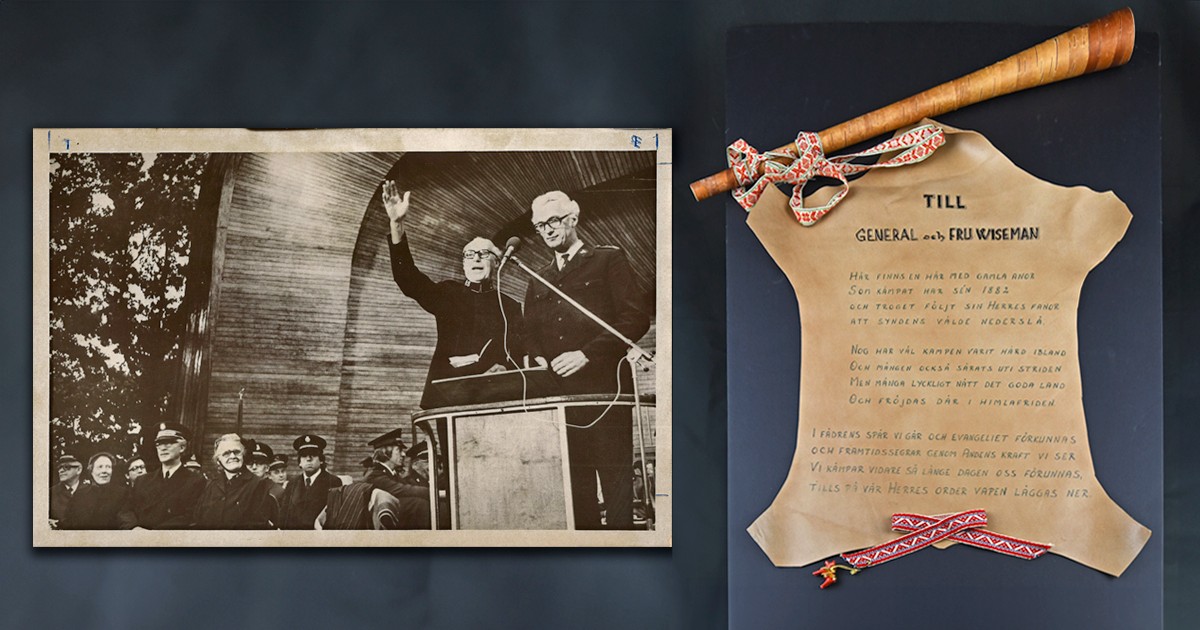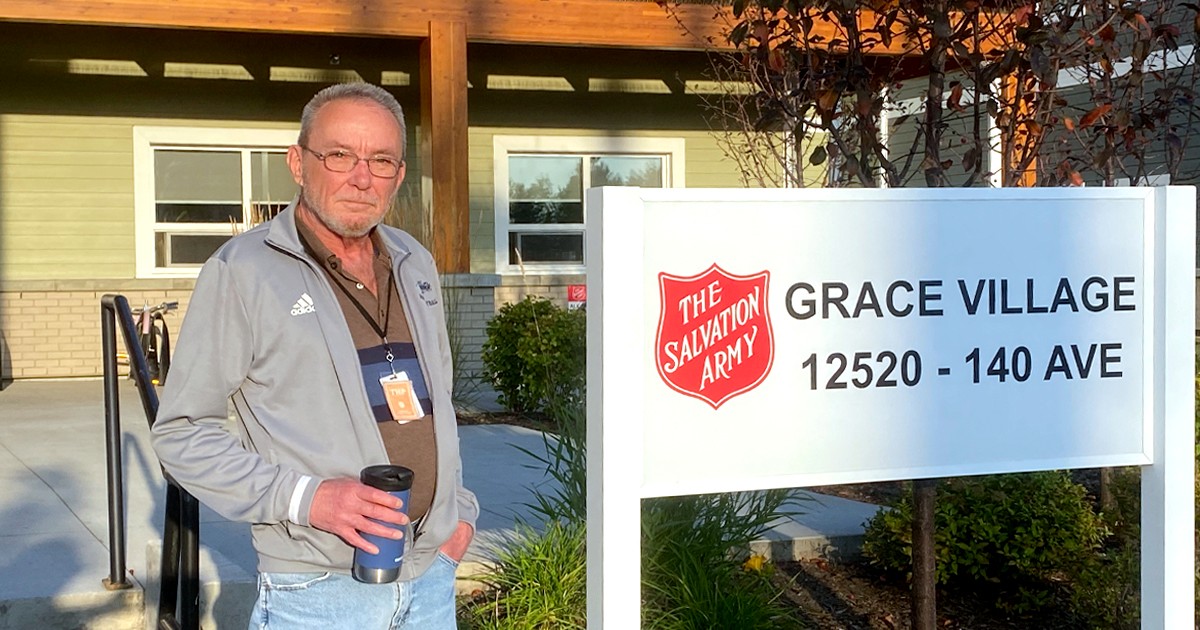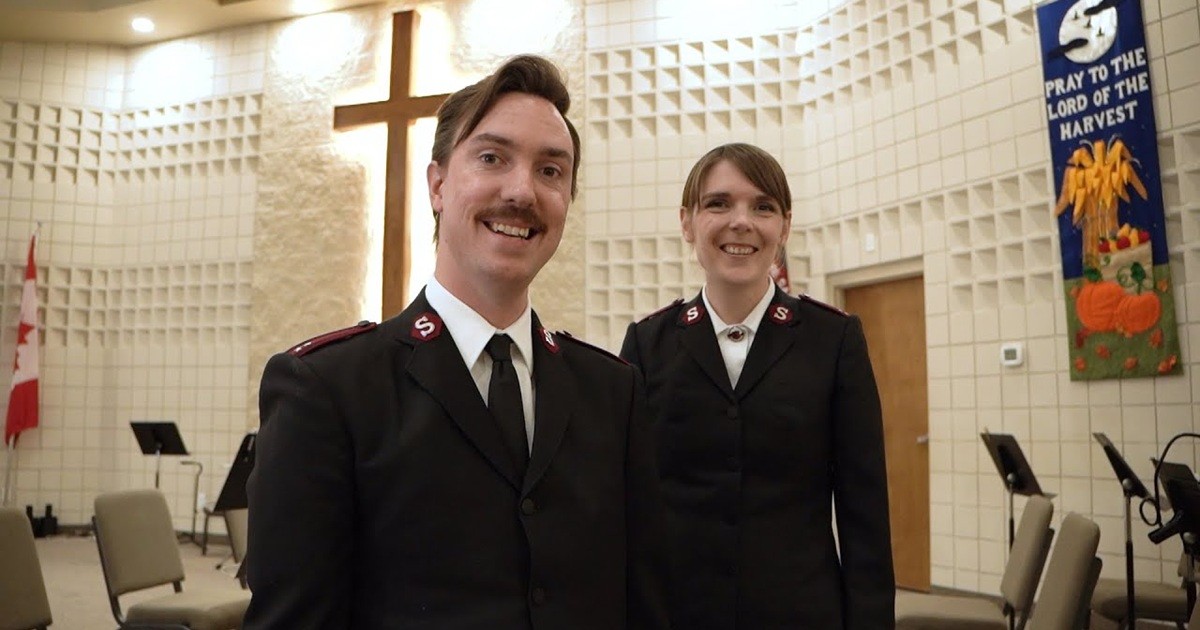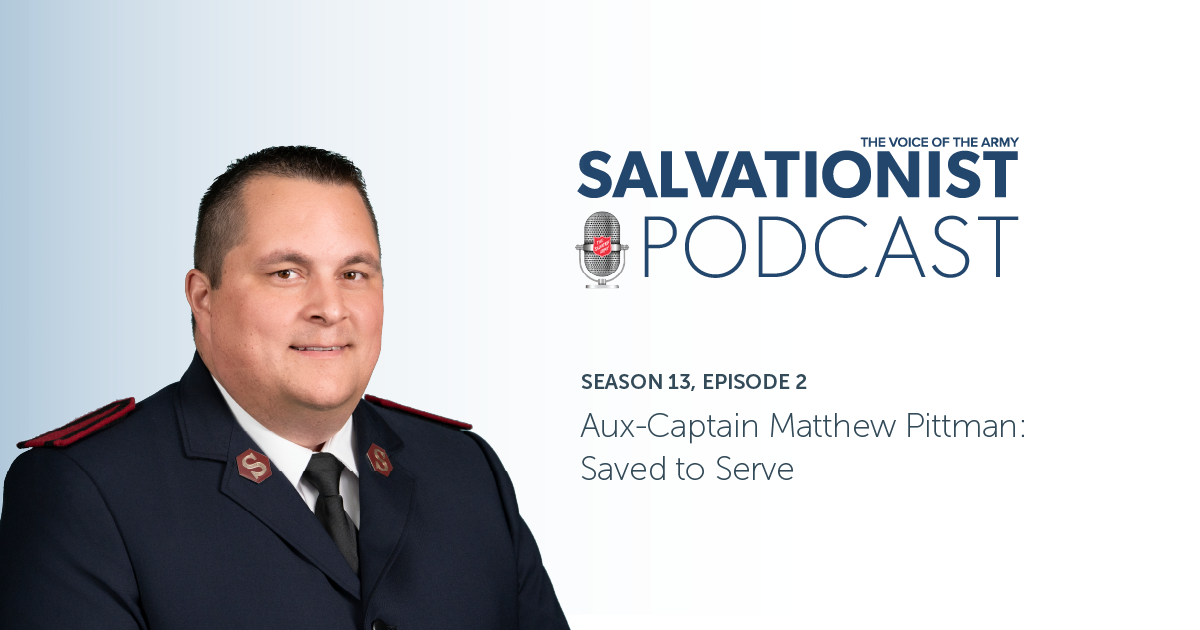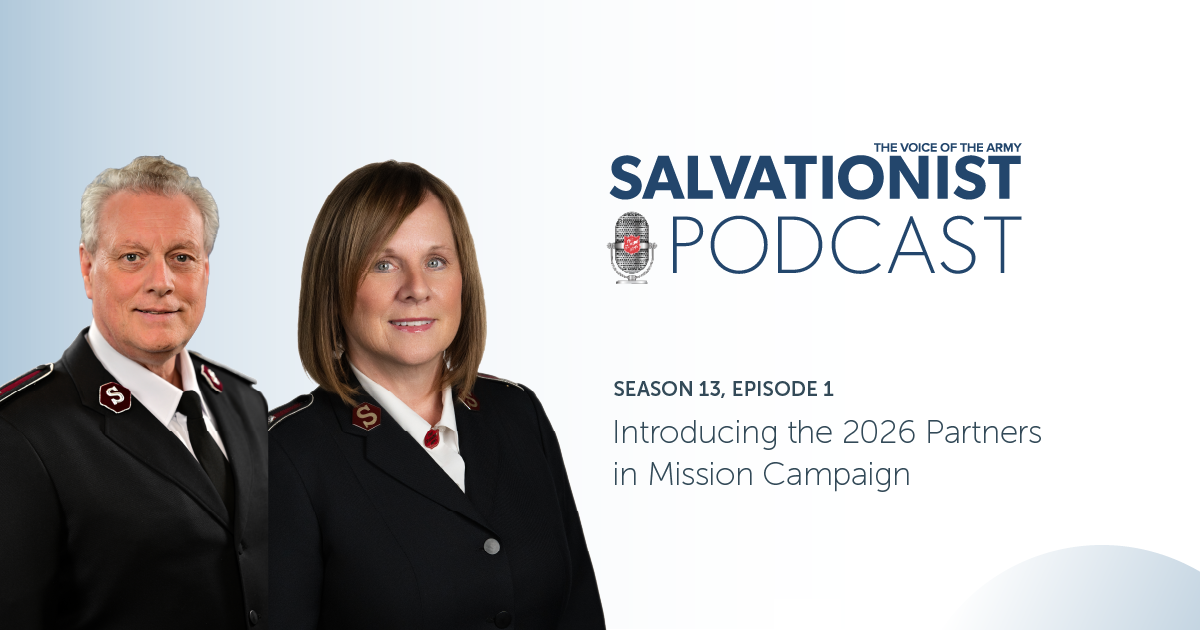Treasures of Darkness
When my son died, grieving became a sacred journey.
by Brenda Laidlaw FeaturesMy passionate prayers to God for my son’s physical healing ended abruptly the night he died. But my prayers of surrender are ongoing. My need of grace for this never ends. However, it was “bending my knee” that led me into the next step of kingdom grieving—that of healing.







